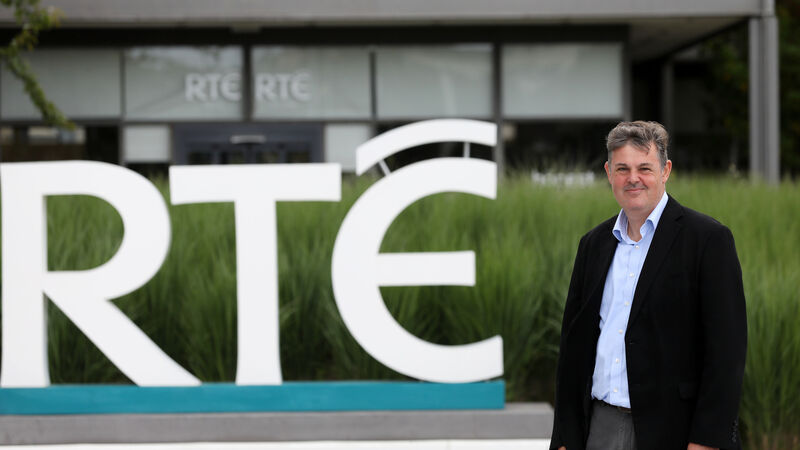Fergus Finlay: RTÉ has more friends than enemies who want to see it thrive again

RTÉ’s new director general Kevin Bakhurst. The biggest job is the restoration of RTÉ’s authority.
Dear Kevin Bakhurst, Forgive the formality. We’ve never met, and you wouldn’t know me from Adam. But like thousands of us, I’m a stakeholder in RTÉ. So my first purpose in writing this cheeky letter to you is to express the hope that you succeed. Whether we know it or not, we all have a vested interest in your success.
I wrote here a couple of weeks ago that if RTÉ goes down the drain, a brick falls out of the wall of our democracy. And that can’t be allowed to happen.














